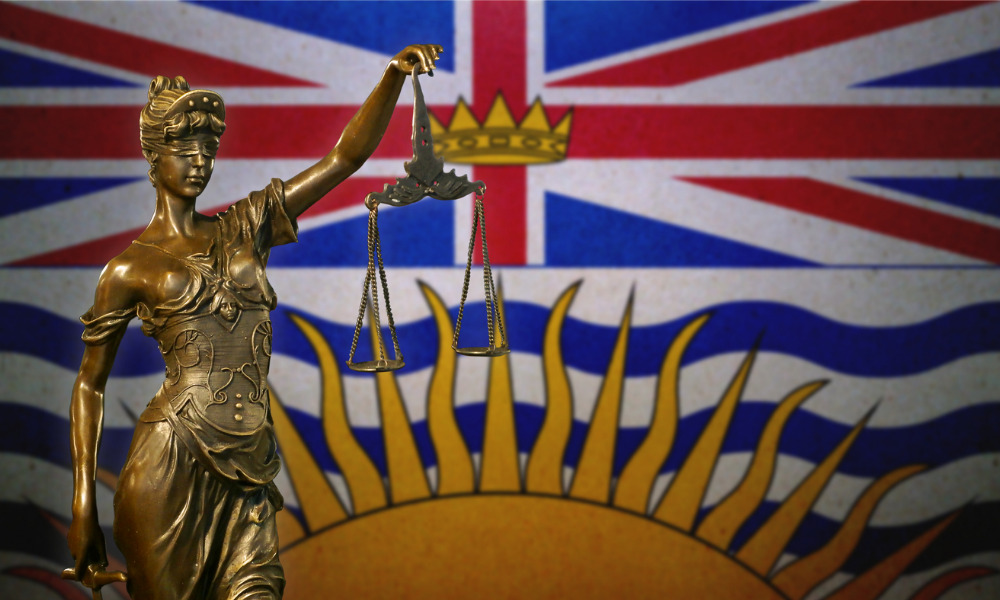Competency training will cover history of Aboriginal-Crown relations, legacy of residential schools

The Law Society of British Columbia has started piloting its six-hour Indigenous intercultural course, effective Sept. 27, with invited stakeholders to test the functionality of the online learning platform and to give feedback on the education modules.
According to the law society’s news release, the pilot’s participants may include any lawyer in B.C. who volunteers to preview the course and will be eligible for credits toward complying with their annual professional development requirements. Those wanting to volunteer can email [email protected] to apply for access.
In the news release, the law society urged firms and lawyers to mark the National Day for Truth and Reconciliation on Sept. 30 by considering reviewing the course, among other activities through which they can mark the holiday.
According to information on the law society’s website, the Indigenous intercultural course, which will be mandatory, will require practising B.C. lawyers to complete all modules within two years from the official launch. The law society developed the course to fulfill its commitment to implement the Truth and Reconciliation Commission’s Call to Action 27, which asks law societies to require Indigenous intercultural competency of their lawyers.
The course also aims to ensure that lawyers are ready with the foundation of knowledge to inform and to respond to legislative amendments seeking to reflect Indigenous laws in this age of reconciliation. The competency training will provide B.C. lawyers with knowledge on the history of Aboriginal-Crown relations, the history and legacy of residential schools and the ways that legislation regarding Indigenous peoples have caused the issues that reconciliation aims to tackle.
The Truth and Reconciliation Commission was created after past students and survivors of residential schools came forward and advanced the issue on the public agenda. The commission’s report sheds light on the ways that Canada’s law and lawyers have played an active role in forcing Indigenous children into residential schools and the ways that these institutions’ intergenerational effects continue to impact Indigenous people in the present.
The law society’s benchers unanimously agreed in 2015 to deal with the issues pinpointed by the commission’s report and established a Truth and Reconciliation Advisory Committee in 2016 with a view to engaging Indigenous leaders on the best way to respond to such calls to action.
The Truth and Reconciliation Advisory Committee, following extensive consultation with Indigenous communities and leaders and with members of the legal profession, released an action plan in 2018, which included mandatory Indigenous cultural competence training for all lawyers. The benchers unanimously approved the recommendation.










